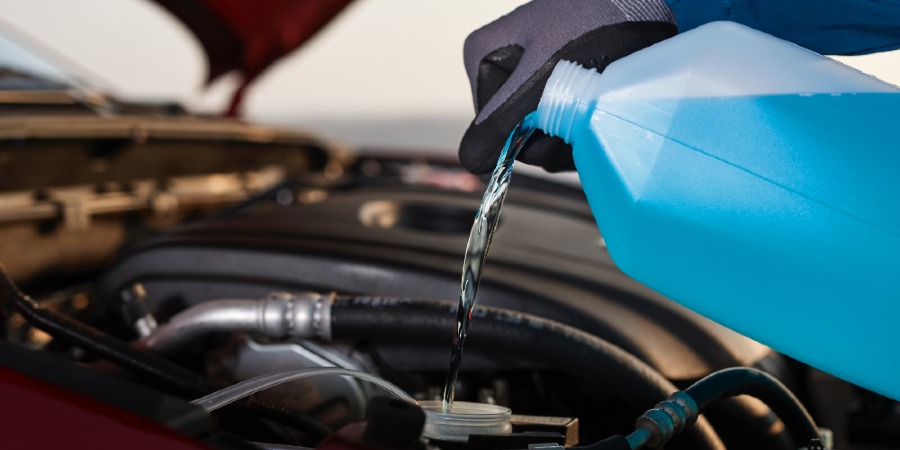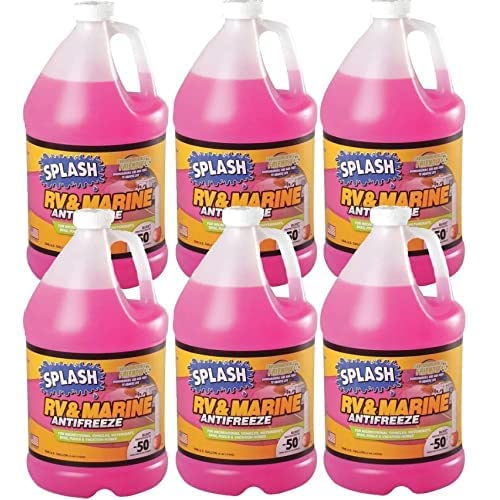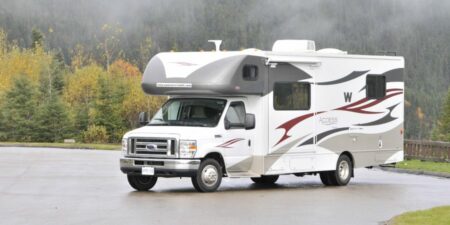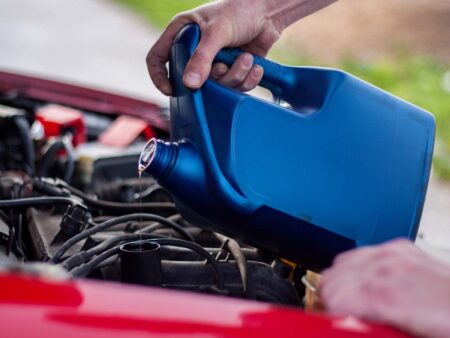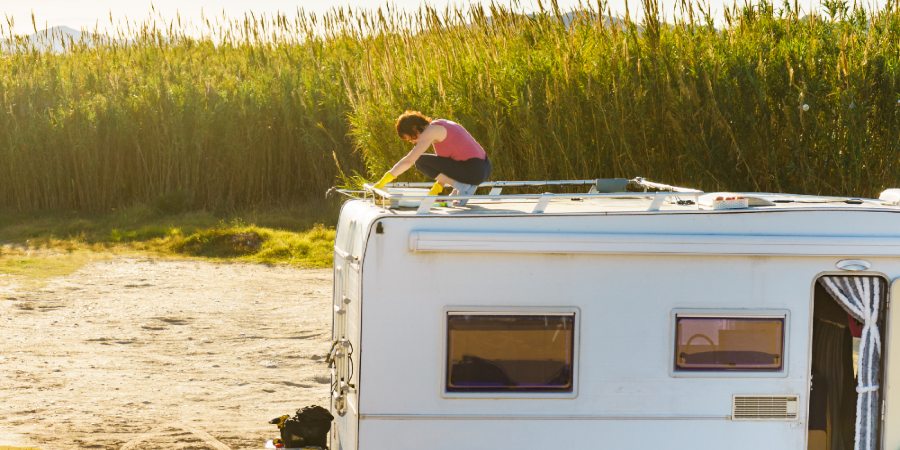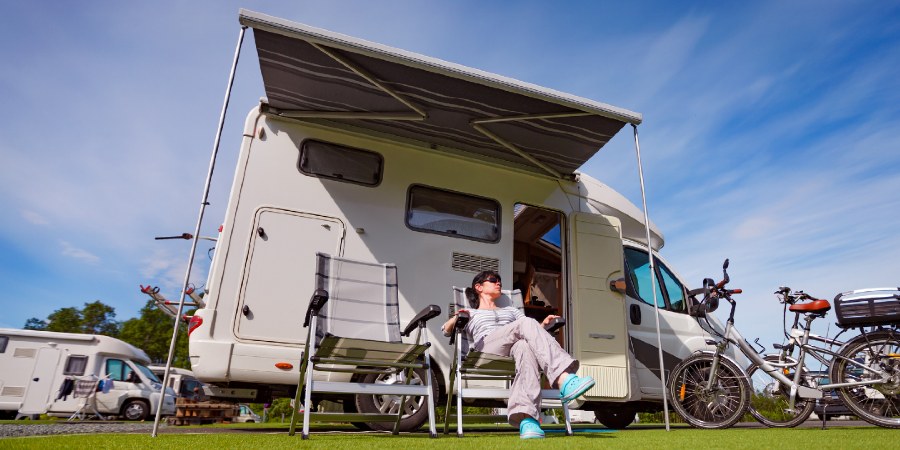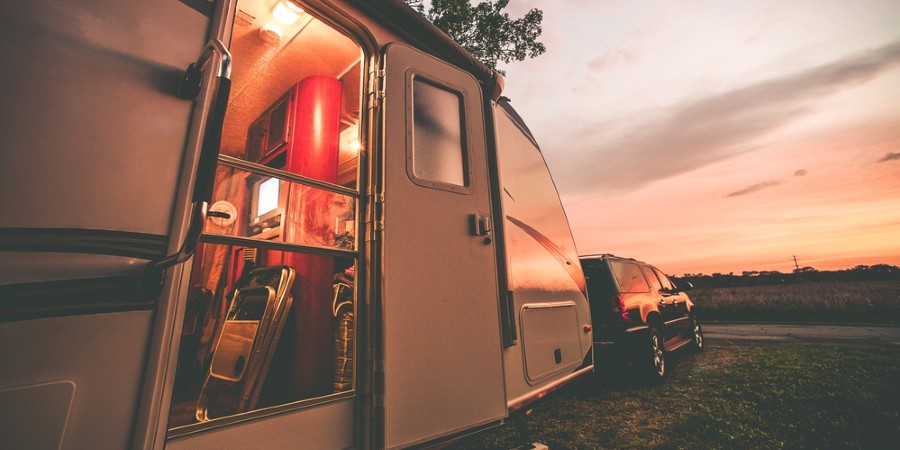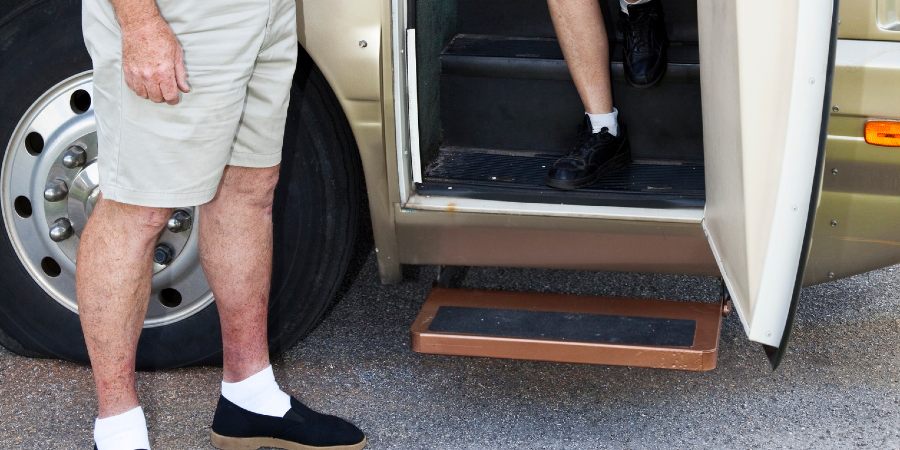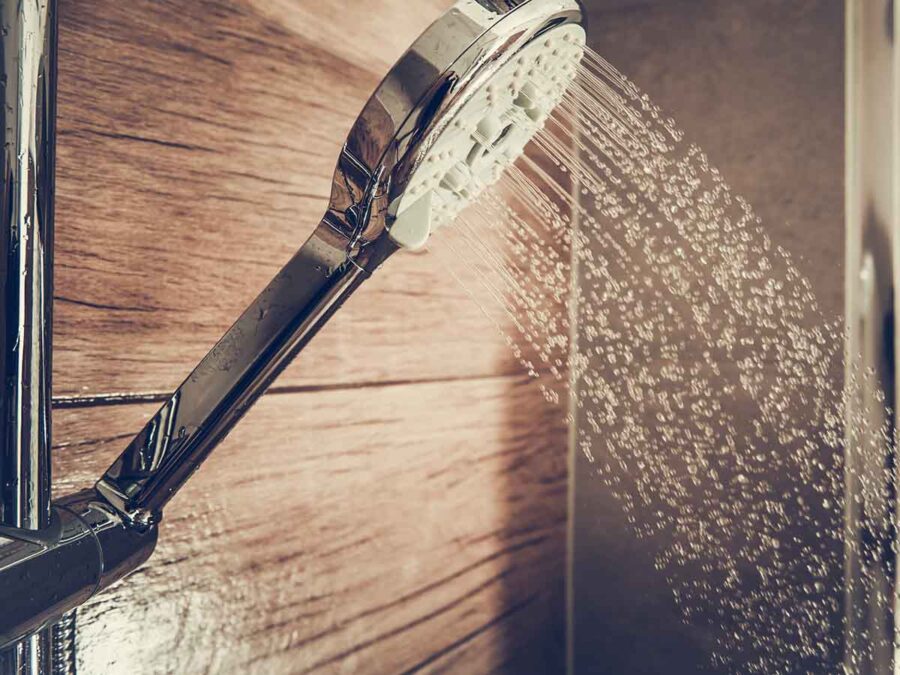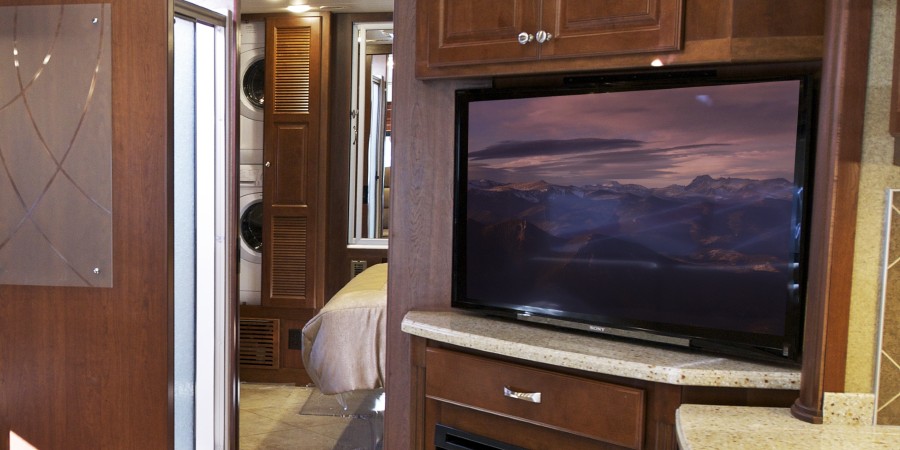Have you ever wondered how your car or RV can stand up to extremely cold and hot temperatures? It’s all thanks to a substance called antifreeze. It works to keep the engine’s water from either freezing solid or boiling over.
Did you know antifreeze has another use, especially for RVs? It plays a key role in ‘winterizing’, which means prepping your RV for the chilly season.
If you’re looking for the best type of antifreeze for your RV, look no further than Propylene Glycol antifreeze. Not only is it non-toxic and non-flammable, making it safe, but it’s also beneficial for all types of RV plumbing. Plus, it adds life to the seals and gaskets in your sink and toilet by keeping them well-lubricated.
Common Reasons You Need Antifreeze for Your RV
Keeps the RV engine running smoothly in cold weather and keeps water from freezing up and bursting lines.
To winterize RV plumbing lines before storage or during extreme cold snaps while on a camping trip so pipes don’t burst.
To keep water in your holding tank from freezing when camping in frigid regions so that you can flush the toilet.
RV antifreeze is non-toxic, so if it accidentally spills or you have a leak, it won’t harm the environment.
5 Benefits of RV Antifreeze
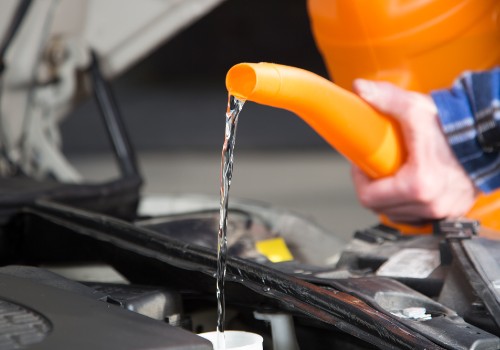
1. Engine Protection – Antifreeze helps to regulate the temperature of your engine, preventing it from overheating in the summer or freezing in the winter. This allows the engine to run smoothly in all weather conditions.
2. Preventing Water Line Freeze – In freezing weather, any water in your RV’s plumbing system can freeze and expand, which could burst pipes and cause substantial damage. Antifreeze helps prevent this by lowering the freezing point of the water in your RV’s system.
3. Winterizing – If you’re storing your RV during the colder months, you’ll want to use antifreeze to “winterize” it. This involves draining the water from the RV’s plumbing system and replacing it with antifreeze to prevent any residual water from freezing and causing damage.
4. Lubricating Seals and Gaskets – Some types of antifreeze, such as Propylene Glycol, also help to lubricate the seals and gaskets in your toilet and sink, prolonging their lifespan and reducing the need for replacements.
5. Protection against Rust and Corrosion – Antifreeze often includes additives that protect your RV’s engine and plumbing against rust and corrosion. This is vital in maintaining the longevity and performance of these systems.
The non-toxic formulation is better for the environment and for people who may have exposure to it inside the RV either during or after winterization chores.
Top Brands With a Strong Reputation
Camco is a reputable RV product manufacturer, with antifreeze being just another quality item that RVers trust.
Prestone is a well-regarded brand for a variety of antifreeze products designed for different types of vehicles, including RVs. Their antifreeze products are known for their excellent anti-corrosion properties and heat transfer capabilities.
Splash RV & Marine offers an ecologically-safe antifreeze that works well to keep seals in top condition.
Star Brite is ethanol-free and protects down to -50 degrees F, so your plumbing pipes are safe from breaks.
Best RV Antifreeze
Below are our recommendations for the top RV antifreeze.
- Designed for use with recreational vehicles, boats, spas, pools, and vacation homes
- Formulated for -50 degree F burst protection
- Convenient, ready-to-use solution
- Proprietary plant-derived additive. Improves user safety when compared to ethylene glycol-based products
- Safe for incidental contact with people, pets, and wildlife. Readily biodegradable and non-toxic to aquatic life
- No Burst Guarantee -100° F
- Safe for use in RVs/travel trailers , pools, boats and seasonal homes
- Superior Protection from damage, corrosion & rust. Safe for metals, plastic, rubber, and elastomers found in most potable water...
- Not to be used in gas or diesel engines as winterizing fluid or antifreeze+coolant
Related Questions
1. What is antifreeze, and why is it important for your RV?
Want to Connect With a Community of Over 1,078 RV Enthusiasts?
Antifreeze is a liquid that helps control the temperature in your RV’s engine and plumbing system. It prevents the water in these systems from freezing in cold weather or boiling over in hot conditions. This helps avoid damage to your engine and plumbing system, ensuring your RV functions properly no matter the weather.
2. What does ‘winterizing’ my RV mean?
Winterizing your RV means preparing it for the cold months when you might not be using it. This process involves draining water from the plumbing system and filling it with antifreeze to prevent any leftover water from freezing and causing damage.
3. Is there a specific type of antifreeze you should use for my RV?
Yes, it’s recommended to use a non-toxic, non-flammable type of antifreeze like Propylene Glycol. This type of antifreeze is safe for all RV plumbing systems and also helps lubricate the seals and gaskets in your toilet and sink, helping them last longer.
4. How often should you change the antifreeze in your RV?
As a general rule, you should replace the antifreeze in your RV’s engine every two years. However, you should refer to your RV’s manual for specific guidelines, as this can vary depending on the model and usage of your RV.
5. Can you put antifreeze in my RV myself, or should you hire a professional?
While it’s certainly possible to add antifreeze to your RV yourself, if you’re unsure or uncomfortable with the process, it’s best to hire a professional. They can ensure that the antifreeze is added correctly and safely, providing you peace of mind.
"Man cannot discover new oceans unless he has the courage to lose sight of the shore."
-- Andre Gide

